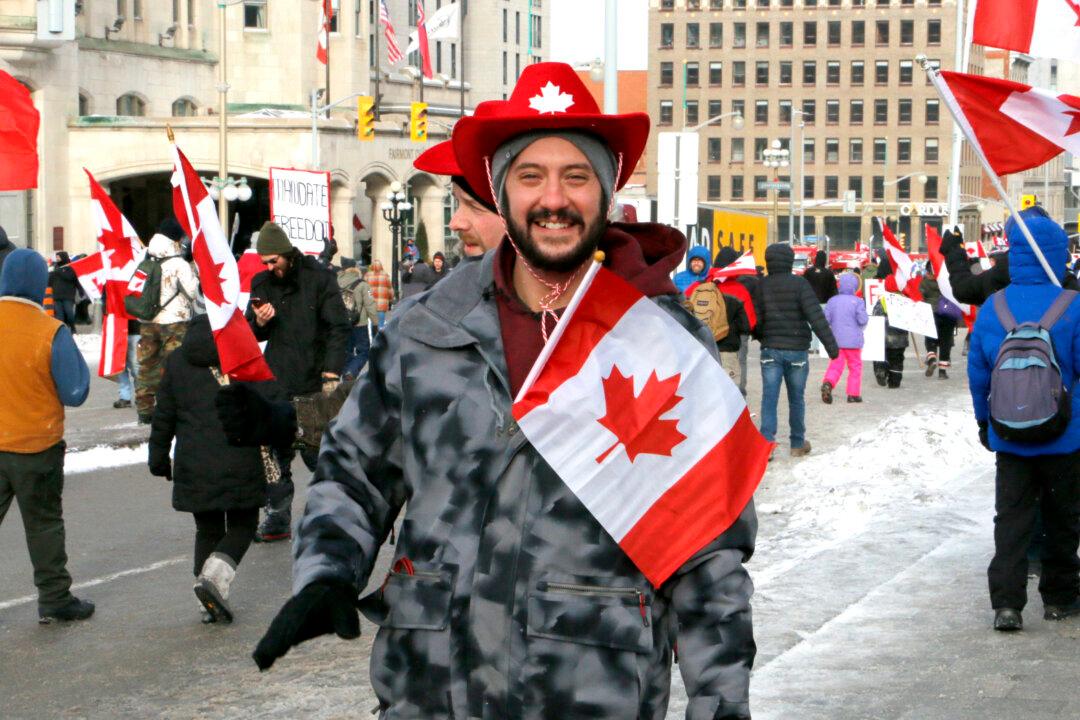The deputy solicitor general for Ontario told the Emergencies Act inquiry on Thursday that the Freedom Convoy protest in Ottawa last winter did not pose a significant public safety risk.
“I was getting consistent messaging from Commissioner Carrique and from Deputy Minister Stewart that there were not any overriding public safety concerns,” said Mario Di Tomasso.





